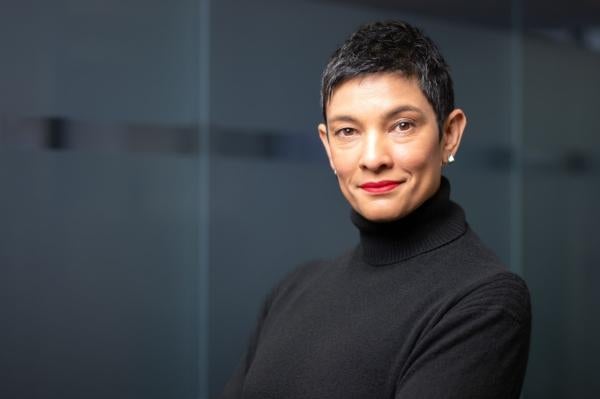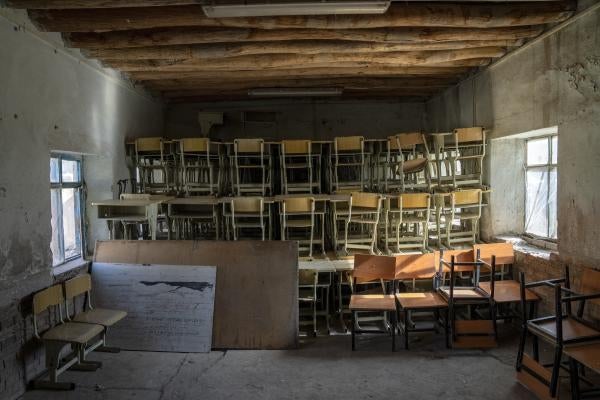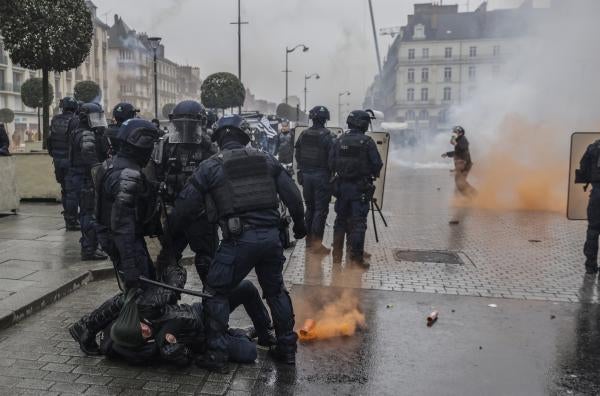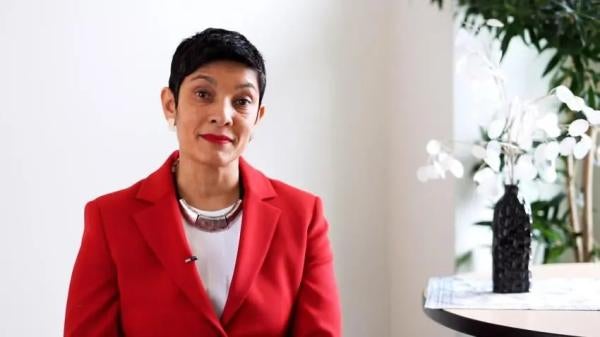1) When you look around at all the human rights problems in the world, it can seem overwhelming. Where do you get your strength to keep pushing ahead?
Tirana Hassan, HRW’s new executive director: When I look around, I see people all over the world pushing back to protect their rights and the rights of others, I don’t feel there is any other option but to stand and work with them. If they are not overwhelmed, then that is not a luxury we can afford.
On a personal level, I draw strength and inspiration from my family and our shared experiences. My father, born in India, was forced to move to Pakistan because of anti-Muslim violence in their village during the Partition.
Years later, he thought he’d made a home in Singapore raising a young family, but his academic research on the racial underpinnings of Singapore’s public housing system angered the authorities. We ended up in Australia out of necessity; it wasn’t part of the plan.
Growing up, there was a sense of temporariness. Singapore had been home, then, suddenly we weren’t there anymore. My maternal grandmother, whom I was very close to, was no longer a daily presence.
I never framed these dinner table conversations as conversations on human rights, but I did know there are wrongs and injustices in the world. It happened to people I knew and cared about, and I understood how important it was to do something about and the consequences of inaction.
2) What do you see as major threats to human rights today?
Tirana Hassan: HRW is known for our fact-based, authoritative research on human rights abuses. We tell the human rights stories that need telling and compel governments and actors to make changes.
But all that is much harder today because of the easy spread of disinformation. The truth is up for grabs, and that makes our job incredibly difficult, whether it be tackling climate change’s harmful impact on communities or documenting war crimes.
Our job now is not just to sift through the fog of war but the fog of disinformation – to slice through that – and put the information in the hands of people who control the levers of change. And even that is shifting. There are no good guys and bad guys, no global superheroes – if there ever were.
So, our job is to look at how power is playing around the world and ensure everyone is taking responsibility for and delivering on their human rights obligations.
3) What would you say to Daily Brief readers who are not formally working in human rights but would like to do more to help? What can one person do to make a difference?
Tirana Hassan: I firmly believe everyone can make a difference. We can’t do this work without people who care enough to follow us and support us in a hundred different ways, from reading to watching to taking action.
This extends to supporting not just Human Rights Watch, but also like-minded organizations and individuals working to hold those who wield power – whether it’s governments, corporations or others – accountable for respecting human rights.
This is the only way we can magnify our impact amid a complex world with increasing threats to fundamental rights. One person can do a lot. But nobody does this alone.
So, to all Daily Brief readers, thank you, thank you, thank you.








